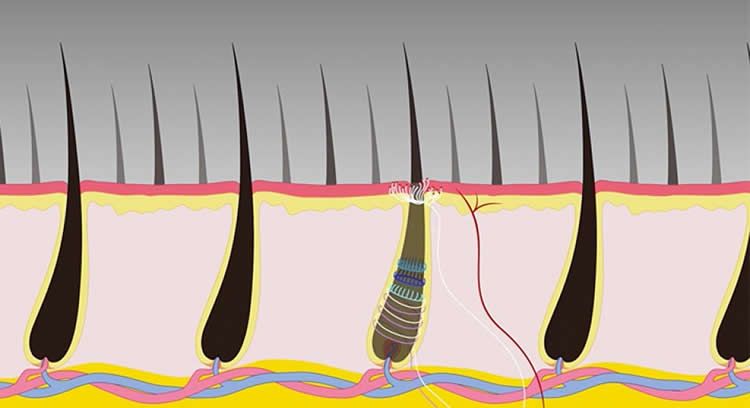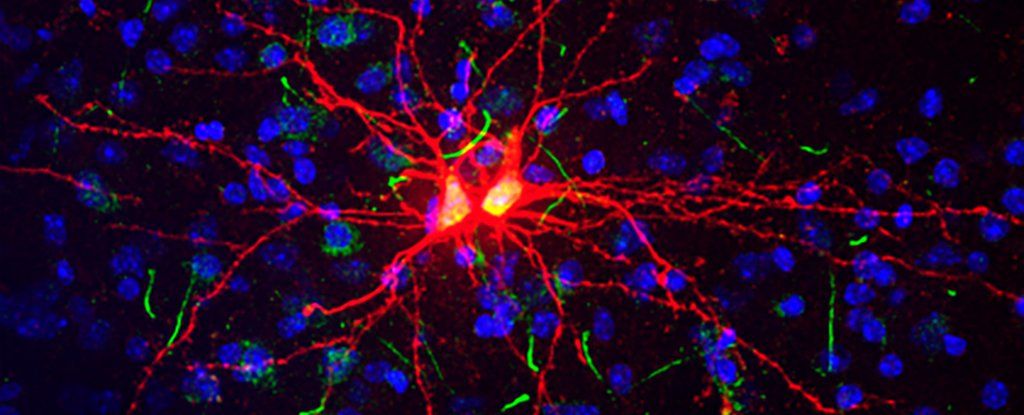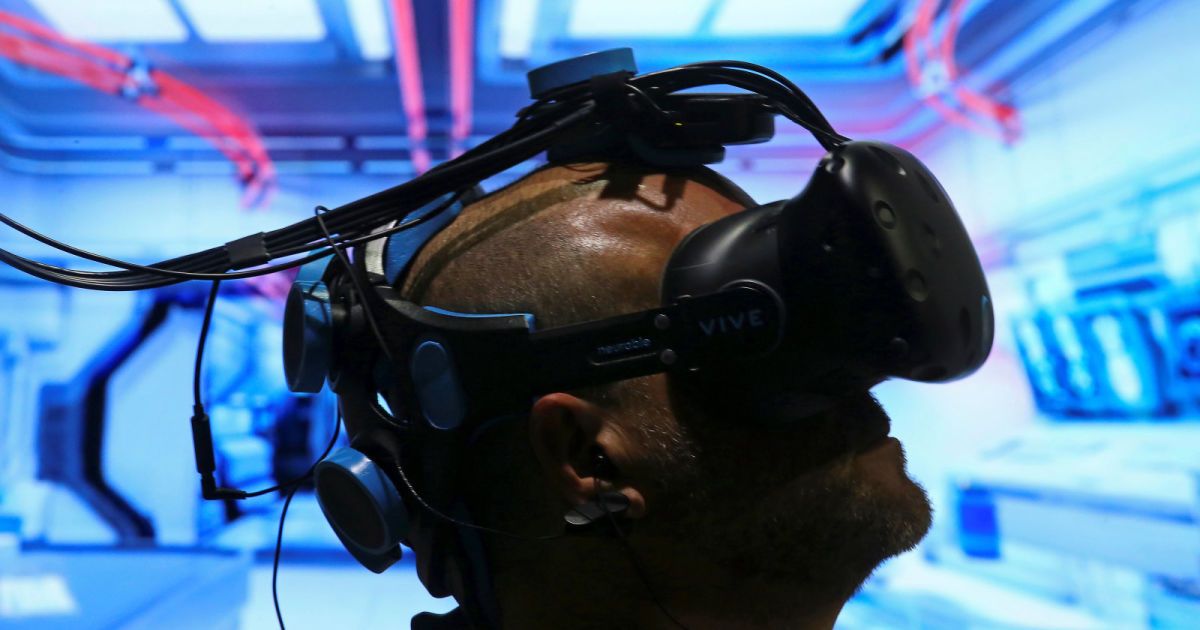Aug 20, 2017
How to cope with anxiety: Olivia Remes
Posted by Müslüm Yildiz in categories: health, neuroscience
Anxiety is one of most prevalent mental health disorders, with 1 out of 14 people around the world being likely affected. Leading up to conditions such as depression, increased risk for suicide, disability and requirement of high health services, very few people who often need treatment actually receive it…
In her talk “How to cope with anxiety”, Olivia Remes of the University of Cambridge will share her vision on anxiety and will unravel ways to treat and manage this health disorder. Arguing that treatments such as psychotherapy and medication exist and often result in poor outcome and high rates of relapses, she will emphasise the importance of harnessing strength in ourselves as we modify our problem-coping mechanisms.

















